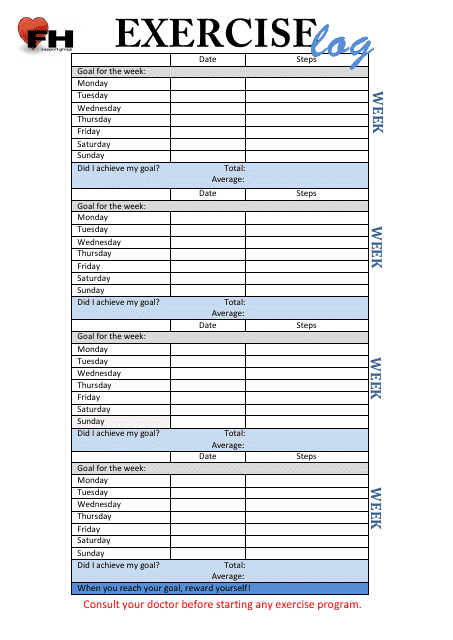


Though early emphasis in coaching focused on athletic performance enhancement and basic physiology, other disciplines of human performance eventually became components of training athletes. Over time, our knowledge of how to train these five components has become more comprehensive and has been expanded into other disciplines as coaches continue striving to develop exceptional athletes (i.e., “champions”). Rosandich, founder of the United States Sports Academy, outlined what he called the American Training Patterns (personal communication, April 2010) which focused on physical components of training namely, speed, skill, stamina, strength, and suppleness (i.e., flexibility). When designing a coaching education program, however, one must ask what do coaches need to know what are the essential elements of athletic coaching? Education and training programs have been created, over the past 30 years, in an effort to assist coaches and athletes with the development of methods and strategies for achieving peak performance.


Since the beginning of sport competition, athletes have sought to acquire the skills and knowledge of sport in order to become “champions.” As sport evolved into organized activity, coaches began working more closely with athletes on sport skill development. **Key words:** athlete development, coaching, peak performance, training, sport It is imperative coaches gain a familiarity with these aforementioned components in order to teach athletes about skill development and prepare them to achieve peak performance. This article illustrates six primary components of these disciplines: risk management, injury prevention, communication, nutrition, goal setting, and athlete development. Specifically, the disciplines of sports administration, sports medicine, strength and conditioning, and sports psychology can assist coaches while physically and mentally training their athletes. As the primary individuals tasked with developing athletes and helping them achieve their goals, coaches should acquire a working knowledge of all areas affiliated with performance enhancement. The coaching profession is ever-changing and coaches at each level of sport competition need to know more than just the Xs and Os in order to be successful.


 0 kommentar(er)
0 kommentar(er)
